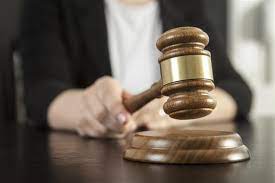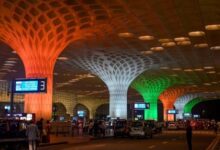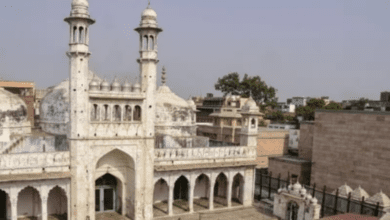Allahabad High Court on Strike Following Hapur Incident: “Lawyers’ Grievance Cannot Outweigh Tears & Pain of Litigants”
Justice Kshitij Shailendra of the Allahabad High Court has voiced his worry for the rights of the litigants in light of the continuing lawyer strike that has followed the Hapur episode of alleged police violence against attorneys.
The judge on Tuesday noted that despite the proper communication from the high court through the Registrar General on September 11 stating that arguments through video conferencing/virtual mode would be permitted starting the following day, neither a physical appearance by a lawyer to argue the cases nor a request for video conferencing had been made to the court.
Justice Shailendra said that notwithstanding the high court’s successful judicial side intervention in response to a suo motu PIL filed by the Bar Association and Bar Council of Uttar Pradesh, lawyers are still striking.
Simply dismissing this case would burden the court and make it impossible to handle the situation since the backlog of new cases is growing daily, he added.
The judge emphasized that each case that comes before a judge has an element of a human problem concerning the life, liberty, livelihood, family business, profession, work, shelter, safety, and security of the citizen and that they should not be treated as disposable statistics or commodities to be disposed of on a monthly basis.
He emphasized that many of the plaintiffs come from the oppressed and weaker segments of society who are helpless, uneducated, and destitute.
Justice Shailendra emphasized that the need for justice should be felt and heard by both the judges and the attorneys. “Their silent cry for a civilized human solution to their grievances and problems, and for a level playing field,” was a cry for justice.
Whatever the cause, he said, “since the lawyers, regrettably, are not hearing this cry, it cannot have more weight than the weight of the tears and pain of the litigant(s) who have reposed all faith in our judicial system and the institution of justice.”
He thus deferred the cases in the interest of justice after taking into consideration the situation of the litigant(s) and in an effort to ensure that their grievance would not be harmed by the attorneys’ lack of cooperation and that the court’s operation would not spiral out of control.







